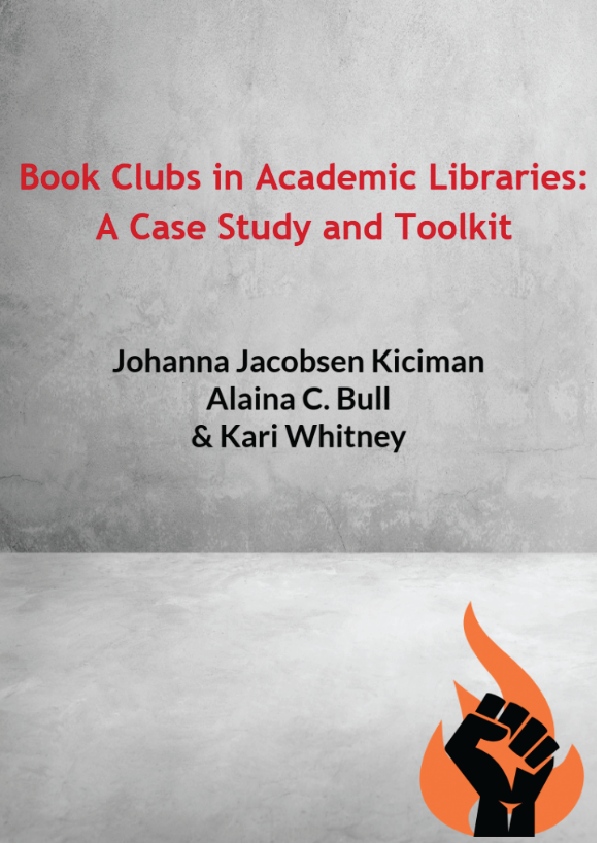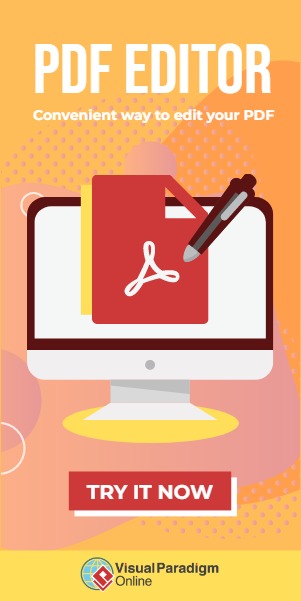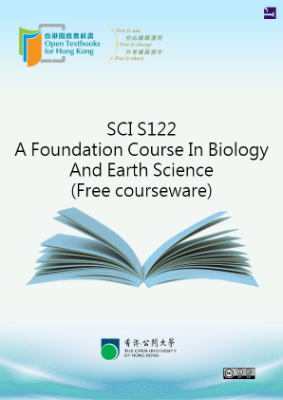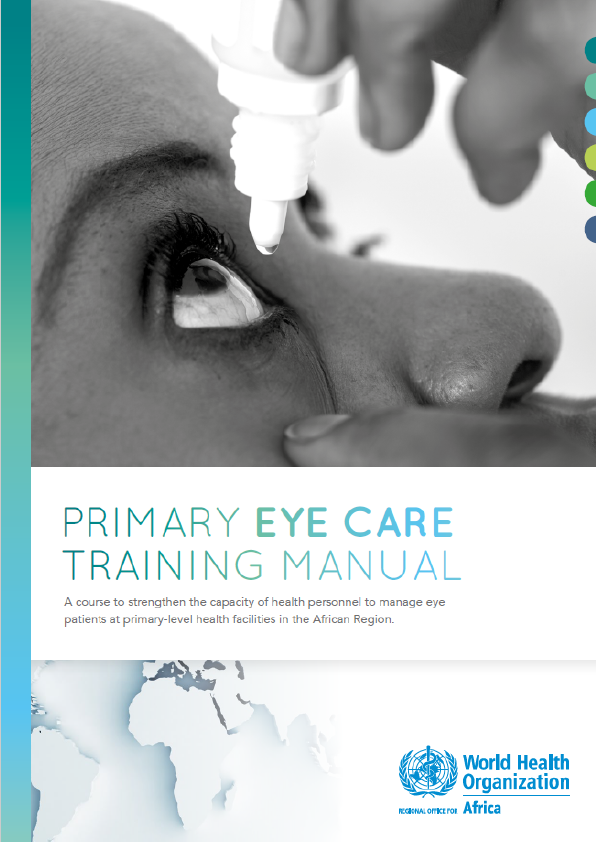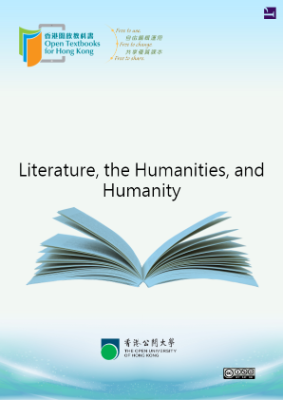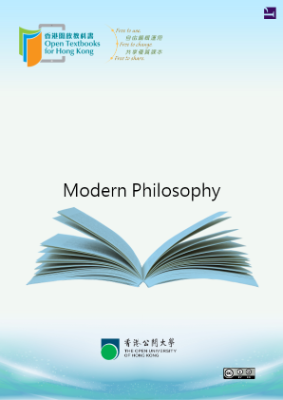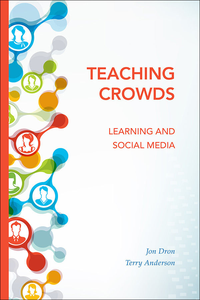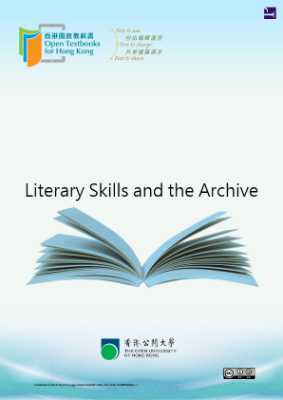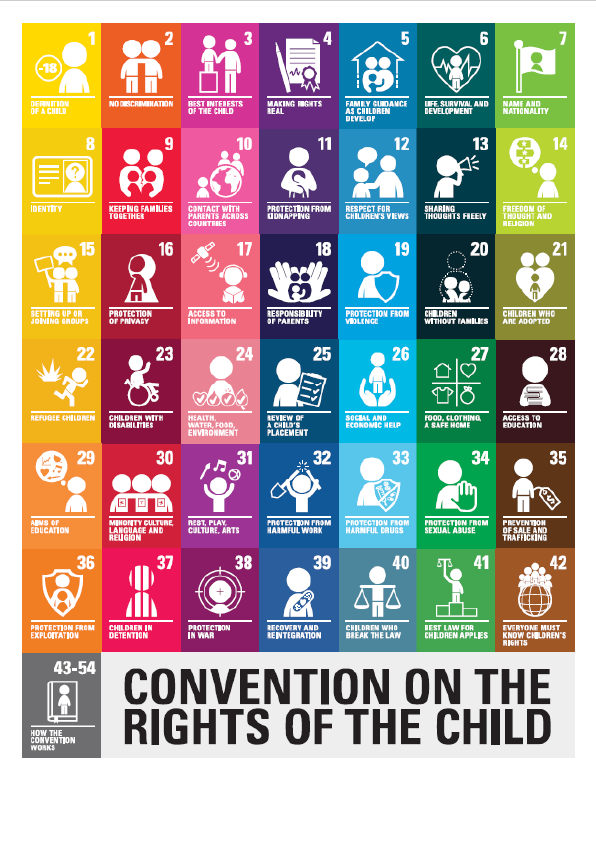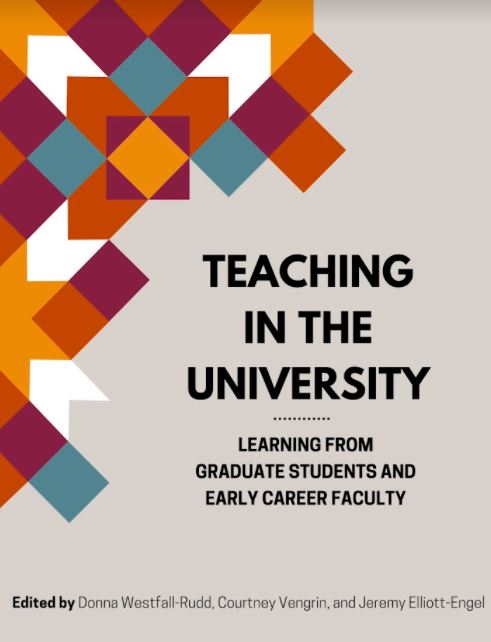This toolkit is designed to inform the academic librarian or staff member about book clubs hosted in an academic library. The toolkit guides academic librarians and staff through building meaningful and effective book clubs at their institutions through an overview of extant literature, the results of a cross-institutional survey, a case-study, and through a series of best practices. It provides the academic librarian and staff with language about the vision and value of such a program.
In Autumn 2018, the University of Washington Tacoma Library and the University of Washington Tacoma Center of Equity and Inclusion launched the pilot program of Real Lit[erature]: Reading for Social Justice, a book club in an academic setting with a focus on young adult fiction. Real Lit[erature] is envisioned as a thematic reading and discussion program that engages the campus community through literature-based outreach.
The goals of Real Lit were to create a greater awareness and discussion of the experiences that are being had by our students, staff, and community members. By interacting with narratives that reflect different experiences, it has provided opportunities to dialogue with peers about shared and disparate experiences. Additional benefits include creating community by reducing isolation, and enhancing campus education through peer-based discussion groups. After a successful pilot, Real Lit[erature] will now be offered quarterly.
The lessons learned from the pilot are myriad, and we wanted to share with our academic librarian colleagues some of the key takeaways. From collaboration to marketing, from book selection to frameworks for anti-oppressive facilitation, we believe our experience and strategies offer a strong foundation for a toolkit.
There are two primary reasons for creating such a toolkit:
- To promote this sort of programming within academic libraries by highlighting benefits and outcomes; and
- To support open access resources within the library community as a way to underscore the importance of resource availability.
We firmly believe in the importance of open access publishing, which we define as a research output that is distributed free of cost and available readily online. In addition, we have added a creative commons license to promote reuse. Why? Restricting access to academic research through paywalls and subscriptions to journals poses an unnecessary fiscal burden on smaller institutions; this, in turn favors wealthier institutions. By promoting open access, we are advocating for greater equality in access to information.
Real Lit[erature] at UW Tacoma was inspired by the American Library Associations Great Stories Club. An amazing funding opportunity for libraries working with underserved teenagers, we agree that “explor[ing] questions of race, equity, identity, and history” as a way to share experiences is important and that libraries are a locus for this type of programming. Yet we realized that we would have to adapt the concept to make it more relevant to college students and staff and faculty, on an urban serving campus, and decided to make a few changes to the model. (Note: we did not apply for ALA funding).
First, we shifted the focus away from underserved teenagers to allow for a broader audience to be reached. Secondly, we chose a title title suited to our campus, instead of relying on the list provided by the ALA. This is something we will discuss further in this toolkit, but it is important to note early on. We did adopt the structure of providing books for participants to keep as their own. This aspect of the book club was important, as it addresses issues of socioeconomic disparities and allows for inclusion of all students regardless of material means.
